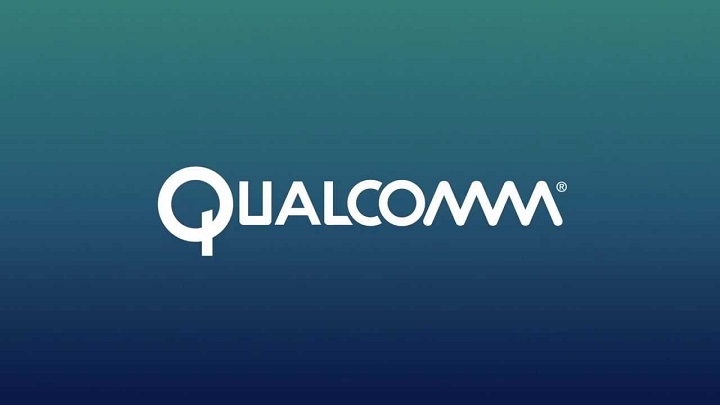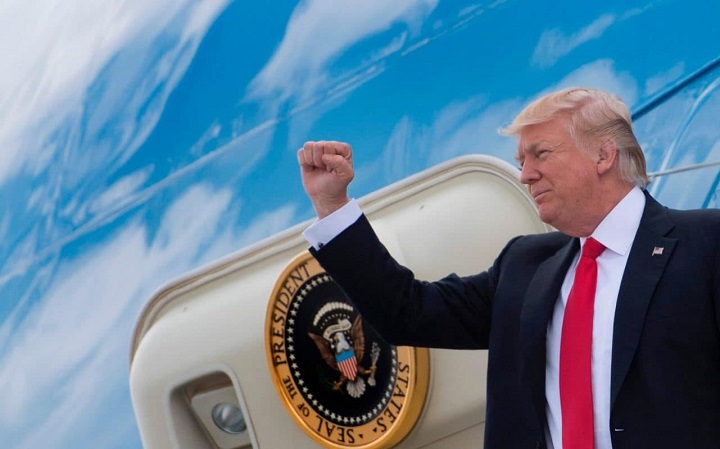Broadcom and Their Failed Hostile Takeover of Qualcomm
It all started around November last year when a report came from Bloomberg that Broadcom was exploring the possibility of buying out Qualcomm. If they attempted to do that and succeeded, it would have been “the biggest-ever takeover of a chipmaker.” According to the report, Singapore-based company Broadcom (formerly known as Avago Technologies) Ltd. was entertaining the idea of bidding US$130 billion for Qualcomm Inc, with whom it had butted heads over patents in the past. At that time, both of the company’s representatives declined to make any statement concerning the matter, although it was reported the day before that Broadcom has announced that it would move it’s legal headquarters to the USA during a presentation in POTUS Donald Trump’s Oval Office.
It was a sign that Hock Tan, who is known to love the acquisition of other companies, is now planning a takeover. And there were lots of complicated matters strung into it. A Bloomberg report believes that US regulators would prevent such a thing from happening, especially when Broadcom gets half of its sales from China, the USA’s political and economic rival.
Rejected
A few days later Qualcomm, to no surprise by everyone, rejected US$100 billion offer from Broadcom. In an article by Qualcomm, the company expressed their opinion that they reject “Broadcom’s Unsolicited Proposal” because, according to Qualcomm, it isn’t in the best interest of their shareholders. According to the Paul Jacobs, Chairman of the Board at Qualcomm Inc, Qualcomm’s board believes that Broadcom’s US$100 billion offer is too low and undervalues Qualcomm’s position as the leader in the mobile technology and the value of their future growth.
So Qualcomm says, and it isn’t an empty brag: amongst all the chipmakers for mobile today, Qualcomm is in the lead. They’re also in the forefront of developing 5G technology. So why would Qualcomm sell itself when it is obviously more significant in the industry than Broadcom?
Chief Executive Officer of Qualcomm Incorporated Steve Mollenkopf added that Qualcomm is in the lead in a number of different fields within the tech industry right now.
And so that matter is settled. Or so everyone thought. A few weeks later, Broadcom tried again, from US$105 billion to US$130 billion. Or it should. But Broadcom changed it to US$121 billion again, which prompts Qualcomm to once again put their foot down on the matter. But they tried again, this time even lowering the price to US$117 billion, which felt like a slap in the face.
Investigation
Eventually, just last week, the US government called for an investigation on Broadcom’s desperate hostile takeover attempts of Qualcomm. They cited that the hostile takeover might impose risks to their country’s national security as well as “weaken Qualcomm’s technological leadership,” fearing that China might try to compete actively and replace Qualcomm as the world leader.
As if trying to assuage the feelings of the US government, Broadcom swears to make the USA the global leader in 5G technology. In the article posted on Broadcom’s website, they pledge to not only keep the resources Qualcomm devoted to 5G development but also to “focus R&D spend to those critical technologies that are essential to the U.S.”
Intel made a bold announcement a few days later that they might try to take over Broadcom before Broadcom succeeds in taking over Qualcomm, which at this point, is still very unlikely. Intel is in the same business of providing 4G chips, just like Qualcomm, but is behind Qualcomm in this regard.
Trump Blocks Deal
Eventually, POTUS Donald trump released an order, that directs Broadcom to stop any attempts at buying out Qualcomm. The order is the result of the investigation led by the Committee on Foreign Investment in the United States or Cfius early this month. As a result of this order, Broadcom finally backed off from trying to win Qualcomm.
The cited reason was ultimately about 5G and the impact that the deal would have made against the US. “There is credible evidence that leads me to believe that Broadcom … might take action that threatens to impair the national security of the United States,” the order says. The US fears that the merge might cost the US the lead in 5G technology that it is currently enjoying through Qualcomm.


